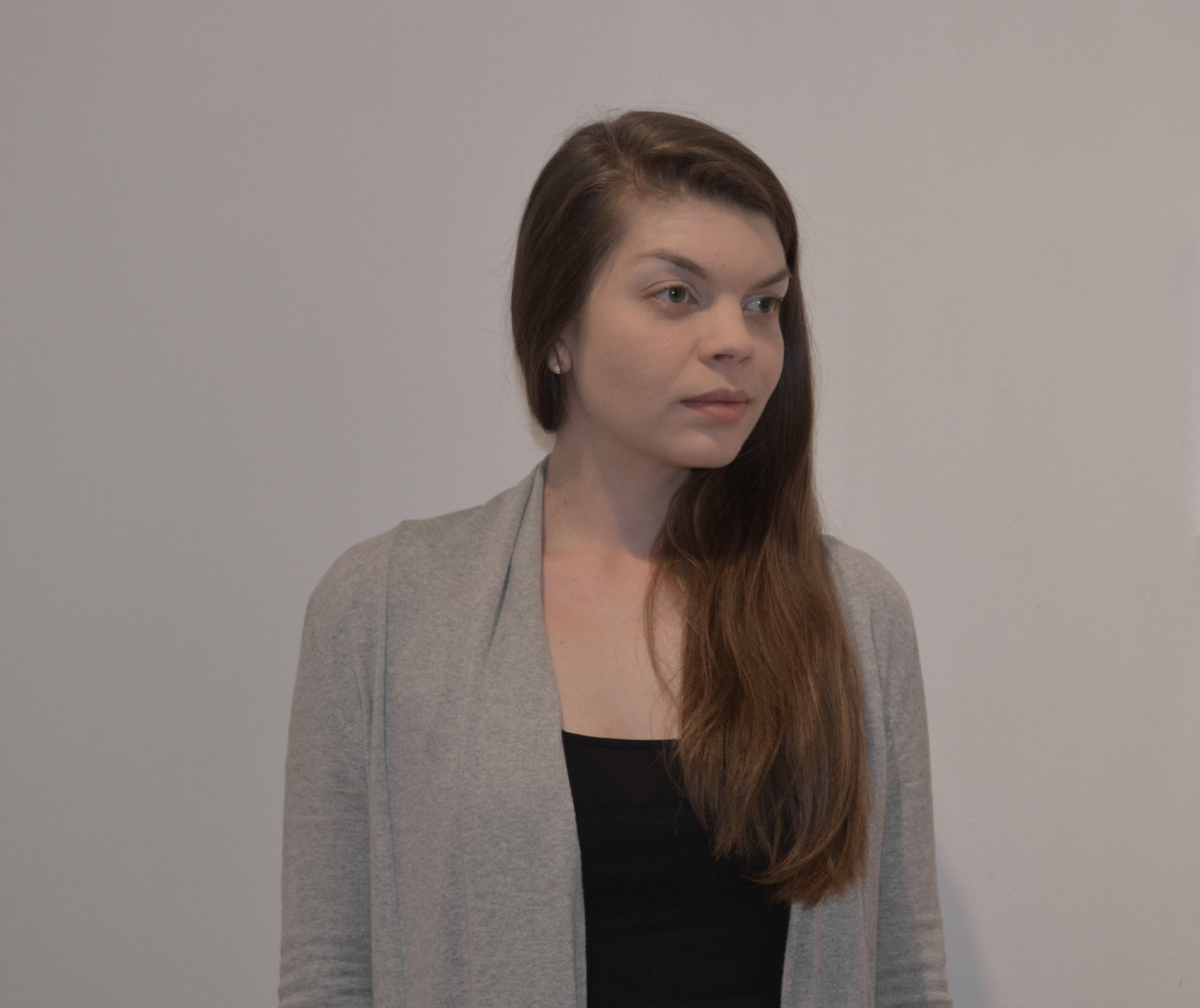Lívia Nolasco-Rózsás
Year of birth, place
Biography
Lívia Nolasco-Rózsás has been curating and co-curating exhibitions at contemporary and media art institutions internationally, among other countries in China, Germany, Hungary, India, Latvia, Poland, Slovakia, Sweden, etc. since 2006. These events have fostered dialogues between different geographical locations focusing on the constantly changing media of contemporary art and intersections with various disciplines. She initiated and developed thematic exhibitions raising various questions such as the genealogy and social impact of planetary computation and computer code, electronic surveillance and democracy, functions and processes of science in relation to automated economy, mediated visions of built environments, and synesthetic perception related to integration of minority groups in contemporary art mediation. Although her activity has mainly been affiliated with two institutions, Kunsthalle Budapest and ZKM | Center for Art and Media Karlsruhe, she curated exhibitions at institutions such as Chronus Art Center Shanghai, Arsenal Gallery Białystok, Badischer Kunstverein Karlsruhe, Energy Museum Vilnius, Kunsthalle Zilina, National Library of Latvia, Tallinn Art Hall, Trafó House of Contemporary Arts Budapest.
Her recent curatorial projects include the group shows: Open Codes (2017-19 at ZKM), GLOBAL CONTROL AND CENSORSHIP (2015, ZKM; 2017–18 traveling through Eastern Europe), On the Edge of Perceptibility. Sound Art (2014, Kunsthalle Budapest), and the solo shows of Eli Cortiñas (ES/DE), Kerstin Ergenzinger (DE), Shilpa Gupta (IN), Žilvinas Kempinas (LT/US), Kurt Kren (AT/US), Dóra Maurer (HU), among others.
She has been published in art magazines and worked as international editor at »Flash Art Hungary« (2014–15). From 2019 she has taken up a research in curatorial studies on the »virtual condition« and its implications in the exhibition space, affiliated with the Academy of Fine Arts Leipzig under the supervision of Beatrice von Bismarck.
